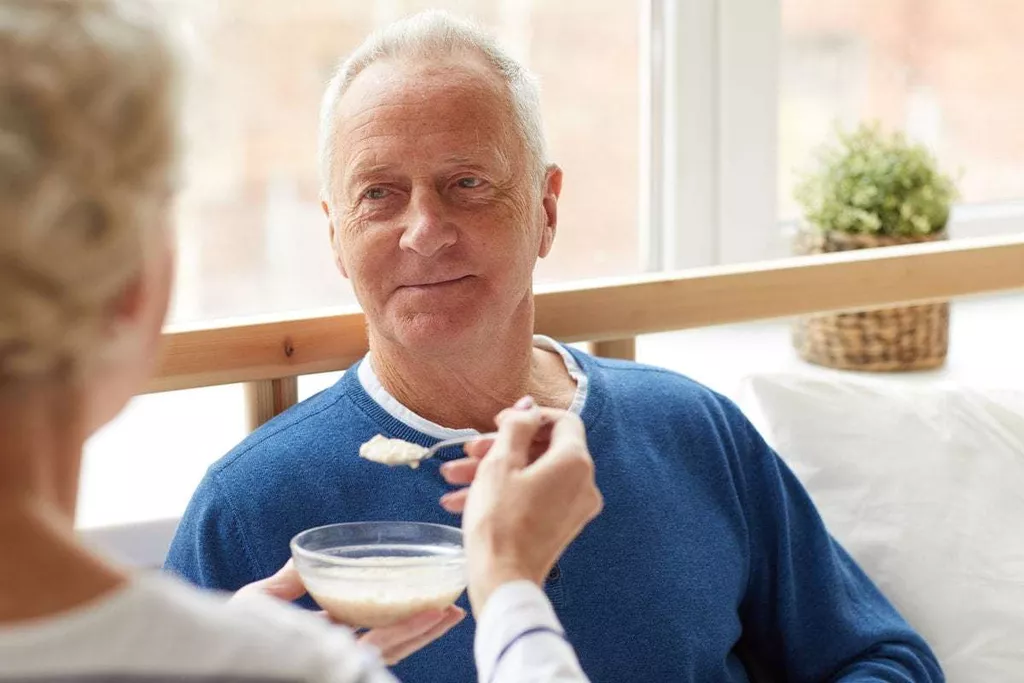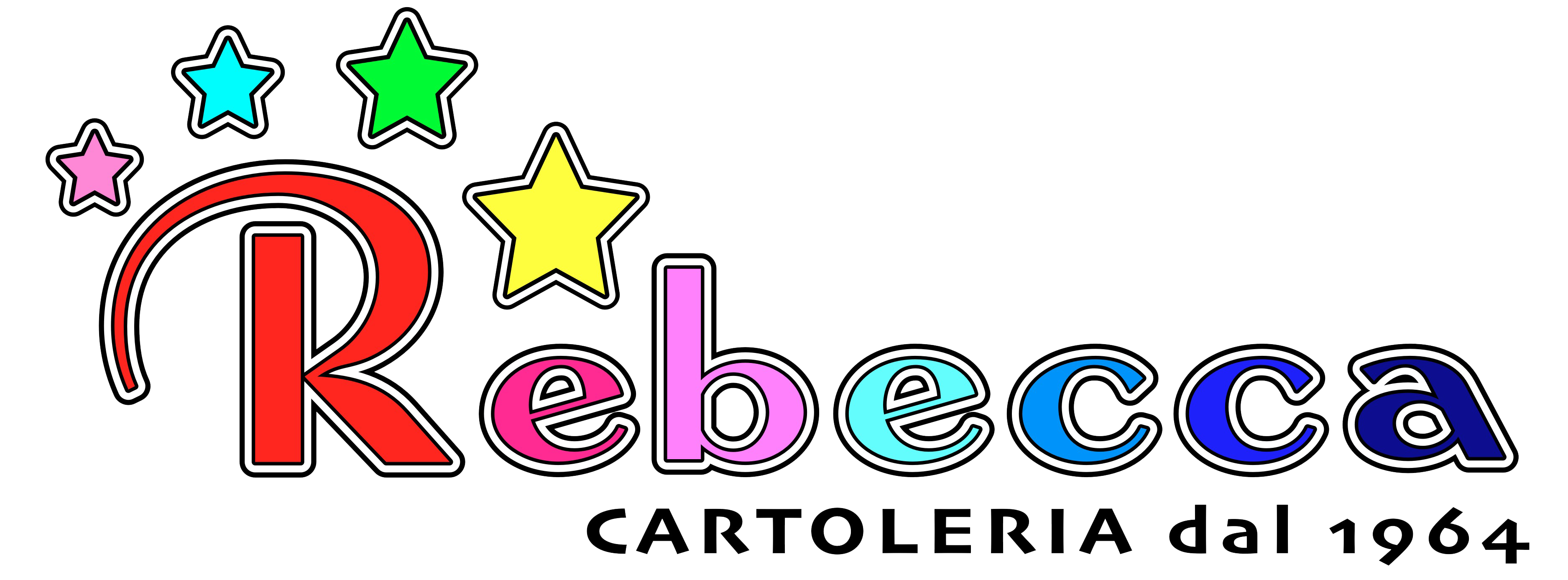In their pursuit of relief, some individuals turn to alcohol as a form of self-medication, to numb their symptoms and flashbacks, or to try to feel a bit more in control of their thoughts and daily life. Sometimes people feel unable to talk about trauma, and alcohol can become a way to block out the pain. Alcohol-use disorders fall into the ‘avoidance’ category of PTSD symptoms, because often the person is using alcohol as a way to escape their memories. This study was carried out in eight institutions specialized for the treatment and rehabilitation of drug and alcohol-related problems in the Kathmandu and Lalitpur districts of central Nepal. Seven institutions were rehabilitation centers operating on non-pharmacological methods of care and one was a tertiary hospital.
Medications targeting Alcohol Use Outcomes
To sustain their habit, some substance abusers repetitively place themselves in dangerous situations and, as a result, experience high levels of physical and psychological trauma (5). For example, in a study of patients with PTSD and comorbid cocaine abuse, patients whose cocaine abuse developed first later developed PTSD as a result of trauma sustained in the context of procurement and use of cocaine (12). Given that chronic substance use can lead to higher levels of arousal and anxiety as well as to sensitization of neurobiologic stress systems (13), substance abuse may result in a higher level of vulnerability to development of PTSD after exposure to trauma. The reasons for these differences are likely not due to significant methodologic differences as outlined above. First, four of the nine studies were conducted in primarily male veteran subjects; the rest had significant numbers of women. There is evidence of gender differences in medication response for both the antidepressants (Keers and Aitchison 2010) and naltrexone (Garbutt et al. 2014, Roche and King 2015).
PTSD UK Blog
Several biological assessment options exist for use as either adjunctive or alternative assessments of SUD. Urine drug screening, or urinalysis, is perhaps the most common and preferred method for detecting illicit drug use (Richter & PTSD and Alcohol Abuse Johnson, 2001; Wolff, Welch, & Strang, 1999). Urinalysis is cost-effective, minimally-invasive, and quantitative systems exist for measuring the pattern, frequency, and amount of use (e.g., Preston, Silverman, Schuster, & Cone, 1997).
Understanding the link between PTSD and substance use disorders in Veterans – VA News – VA.gov Home Veterans Affairs
Understanding the link between PTSD and substance use disorders in Veterans – VA News.
Posted: Sun, 22 May 2022 03:08:59 GMT [source]
Alcohol Use Disorder and PTSD: An Introduction
- Other key concepts include anticipating dangerous situations, setting boundaries, anger management and affect regulation.
- Initially, your “whys” might be rooted in the negative aspects of drinking – feeling low, disliking your behaviour when you drink, or financial concerns.
- We’ve also included some helpful information on how to get help for PTSD and alcohol abuse.
- Posttraumatic stress disorder (PTSD) and substance use disorder (SUD) often co-occur, with an estimated prevalence of SUD amongst individuals with PTSD of 46% in an epidemiologic study in the United States [1].
If you fear peer pressure might be overwhelming, it’s perfectly acceptable to decline invitations. As you progress in your alcohol-free or alcohol-reduced journey, you’ll find that navigating social situations becomes easier. SoberBuzz founder, Kirsty, has been journaling her gratitude every day since she stopped drinking, and she attests that it’s the most powerful tool for self-care and self-compassion. Dedicate a moment each day, whether in the morning or at night, to jot down five things you’re grateful for. This practice will help you shift your focus towards self-compassion, nurturing a positive outlook on your journey.

Food and Drug Administration (FDA) is targeting August 11, 2024, to decide whether MDMA in combination with therapy to treat PTSD will be the first type of psychedelic-assisted therapy approved in the United States. Rosenbaum said while psychotherapy can lead to clinically meaningful reductions in PTSD symptoms, many patients stop therapy due to increased distress. The prevalence of probable PTSD and alcohol misuse were determined, and individuals meeting the criteria for both disorders were classified as comorbid. Data from 9984 participants of Phase 2 of the health and well-being survey of serving and ex-serving members of the UK Armed Forces were assessed for probable PTSD and alcohol misuse using the PTSD checklist (PCL-C) and the alcohol use disorders identification test (AUDIT), respectively.

Though Johnson is adamant about the need for caution, he is eager to increase awareness about the potential benefits of psychedelics for people who are suffering from a variety of conditions. He remembers one participant in a study who could not quit smoking, and she would sit on an air conditioner in the backyard to hide from her family when she smoked. During a psilocybin session, she imagined herself as a vine growing into the sky—a life force that chose to grow and flourish. “Psychedelics have a tendency to stir the pot emotionally and cognitively, and therapists can help people process what they are feeling,” said Mitchell. “The therapist can help patients reprocess the memories and encode them differently,” Mitchell said.
Breaking the cycle of Alcohol Usage Disorders and PTSD requires acknowledging the problem and seeking help. By shedding light on the hidden link between Alcohol Usage Disorders and PTSD, we can guide individuals towards healthier choices and a brighter future. A helpful tip for socialising is to call ahead and inquire about alcohol-free options at the venue.
- It is also possible for alcohol use to intensify the negative feelings that are already experienced.
- “Because it would cost a lot for [patients] to have me with them for the whole thing.”
- It is noteworthy that the studies involving a medication with a robust behavioral platform seem to have had the best results.
Noradrenergic System in PTSD and Addiction


